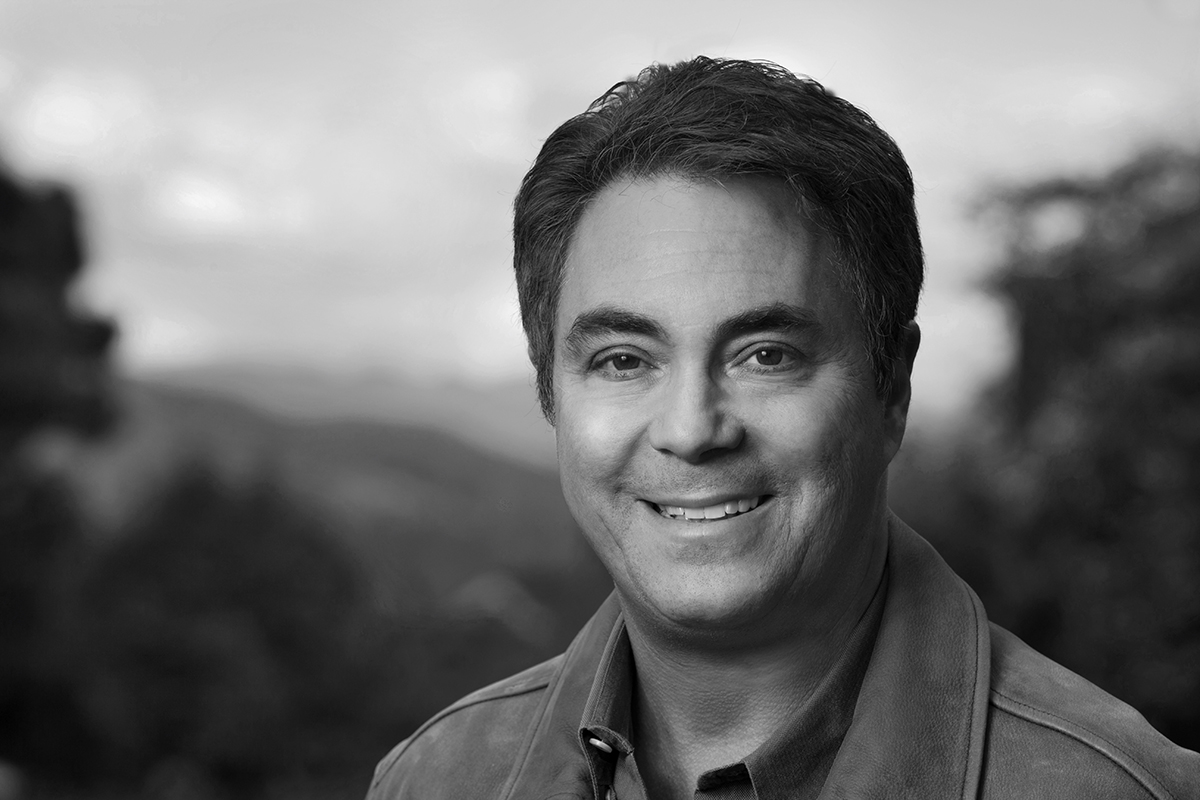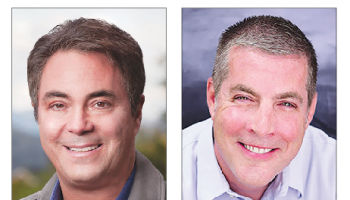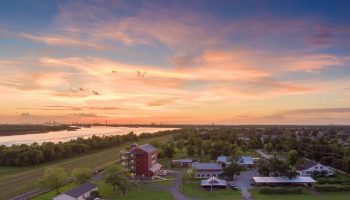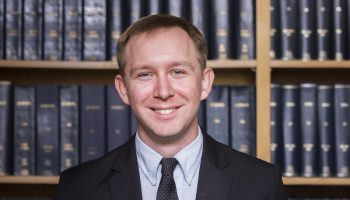At the turn of the 21st century, a prediction that clean energy would soon become mainstream in many areas of the United States would have been regarded with skepticism, if not scoffed at.
According to Clint Wilder, senior editor at the clean-tech research and advisory firm Clean Edge, “one out of every 50 new jobs in 2016 was in the solar industry. In California, where I live, there are more solar jobs than acting jobs, and in Texas, there are more solar jobs than ranching jobs.”
He also said that U.S. solar industry employment has tripled to more than 260,000 jobs since 2010. According to the Solar Foundation, the number of workers in the industry has grown by 25 percent since 2015 alone.
“Several states in the Midwest get their electricity from clean sources, mainly wind,” Wilder said. “There’s serious talk by cities, corporations and even one state, Hawaii. Not just talk; (Hawaii) has specific targets to get to 100 percent renewable energy.”
At 9:15 a.m. Thursday at the Chautauqua Women’s Club, Wilder will present “Clean Energy: Perspectives from California to Chautauqua” for the Chautauqua Speaks program.
Along with Clean Edge co-founder and managing director Ron Pernick, Wilder wrote The Clean Tech Revolution: The Next Big Growth and Investment Opportunity in 2007, which they revised, updated and retitled a year later in the form of The Clean Tech Revolution: Discover the Top Trends, Technologies, and Companies to Watch. The two then co-wrote Clean Tech Nation: How the U.S. Can Lead in the New Global Economy in 2012.
“It all began for me as a journalist right here at Chautauqua,” Wilder said. “I was, at age 16, an apprentice sportswriter, mentored by the legendary and wonderful Alfreda Irwin (former editor of The Chautauquan Daily). So that’s where the writing began. How (I got) from sportswriting to writing about clean energy is a long and winding path.”
After graduating from Yale University with a bachelor’s in history, Wilder said, he began reporting for the Salem Evening News — first sports, then local news. While engaged in the latter, he became more interested in business, so he took some graduate level courses in business journalism at Boston University.
In 1985, Wilder began working at the pioneering publication Computerworld magazine.
“That started what would be a 17-year career in covering the tech industry in different forms,” he said.
Six years later, he moved to San Francisco with Computerworld and later transitioned to the digital magazine InformationWeek.
At InformationWeek, Wilder covered the computer industry as a business reporter. He said he spent most of that portion of his career “covering how Fortune 500 companies and other large organizations were using information technology to help their businesses,” and later, how they were using the internet “to transform their businesses.”
“It was in San Francisco where I felt like I was able to catch two world-changing technology waves,” Wilder said. “The first being the internet. I was the first reporter on the ‘internet beat’ at InformationWeek.”
That was in 1994, the “pre-Google” era, he said.
“Netscape was the big browser, but there were tons of them competing. We all know how that took off, and I was really at the center of it all in the Bay Area,” Wilder said. “That was exciting and very rewarding work, but a few years into it, I started to feel that I wanted to do something closer to my heart, which was the environment.”
For Wilder, the second technology wave was clean tech. He said that in November 2001, while he was covering the internet for InformationWeek, he attended a conference in Seattle organized by Business for Social Responsibility, which describes itself as “a global nonprofit business network and consultancy dedicated to sustainability.”
“I just had an epiphany moment,” Wilder said. “Here are all these companies, like Starbucks and Patagonia and Toyota, talking about what they’re doing for environmental responsibility and stewardship, and … the light went off in my head and I thought, ‘I could write about that.’ ”
By chance, he met Pernick in 2000. Wilder said that in 2002, less than a year after his epiphany moment, he started working at Clean Edge.
“I was there at the beginning. Ron co-founded Clean Edge to be a provider of information and research and events to the then very nascent clean energy — or clean tech — industry,” Wilder said. “And we’re still at it 15 years later. We were the first company of our kind completely devoted to this sector.”
Among the products and services for which Clean Edge is best known is its operation of four stock indexes in partnership with Nasdaq: CELS in 2006 (U.S. Clean Energy), QGRD in 2016 (Global Smart Grid Infrastructure), and GWE (Global Wind Energy) and HHO (U.S. Water) in 2017.
According to Wilder, Clean Edge’s “flagship research product” is the “U.S. Clean Tech Leadership Index.” It is an annual ranking of all 50 states and the 50 largest U.S. metro areas using numerous metrics, including clean tech deployment, policy and finance, which Clean Edge has produced for eight years.
Wilder has also been involved in various capacities with other environmentally responsible organizations.
Since the founding of the green marketing services company Green Bear Group seven years ago, he has been serving part-time as its director of clean technology. He said that currently one of Green Bear’s clients is the Green Sports Alliance, which is based in Portland, Oregon. The GBG “leverages the cultural and market influence of sports to promote healthy, sustainable communities where people live and play.”
“We’re working with professional sports teams and colleges, and their leagues, for renewable energy and recycling and composting in stadiums,” Wilder said. “It’s huge; very exciting. The founder of Green Bear Group is a frequent visitor to Chautauqua.”
In San Francisco, Wilder serves on the board of directors of RE-volv, a nonprofit empowering individuals and communities to “invest collectively in renewable energy.”
Wilder said that it is “a revolving loan fund (that) relies on crowdfunding and other sources, like grants, to put solar (panels) on nonprofit organizations serving their communities.” Although it was launched in the Bay Area, there are now RE-volv projects all over the United States, some of which are being led by college students.
Since The Clean Tech Revolution was published a decade ago, Wilder said he has been “a very occasional blogger” with The Huffington Post. His blogs initially appeared in its business section, and more recently in its green section.
In addition, he occasionally writes articles for GreenBiz. Wilder’s most recent submission was an “open letter” to then President-elect Donald Trump last November, co-authored by Pernick, to update Trump about “the clean energy business opportunity.”
Wilder said that on Thursday he would like Chautauquans to learn “how mainstream clean energy is becoming, or in many cases, already is. I’ve been working at this for 15 1years, and in 2002, you could not make that argument, certainly. But now you can for many, many reasons.”






